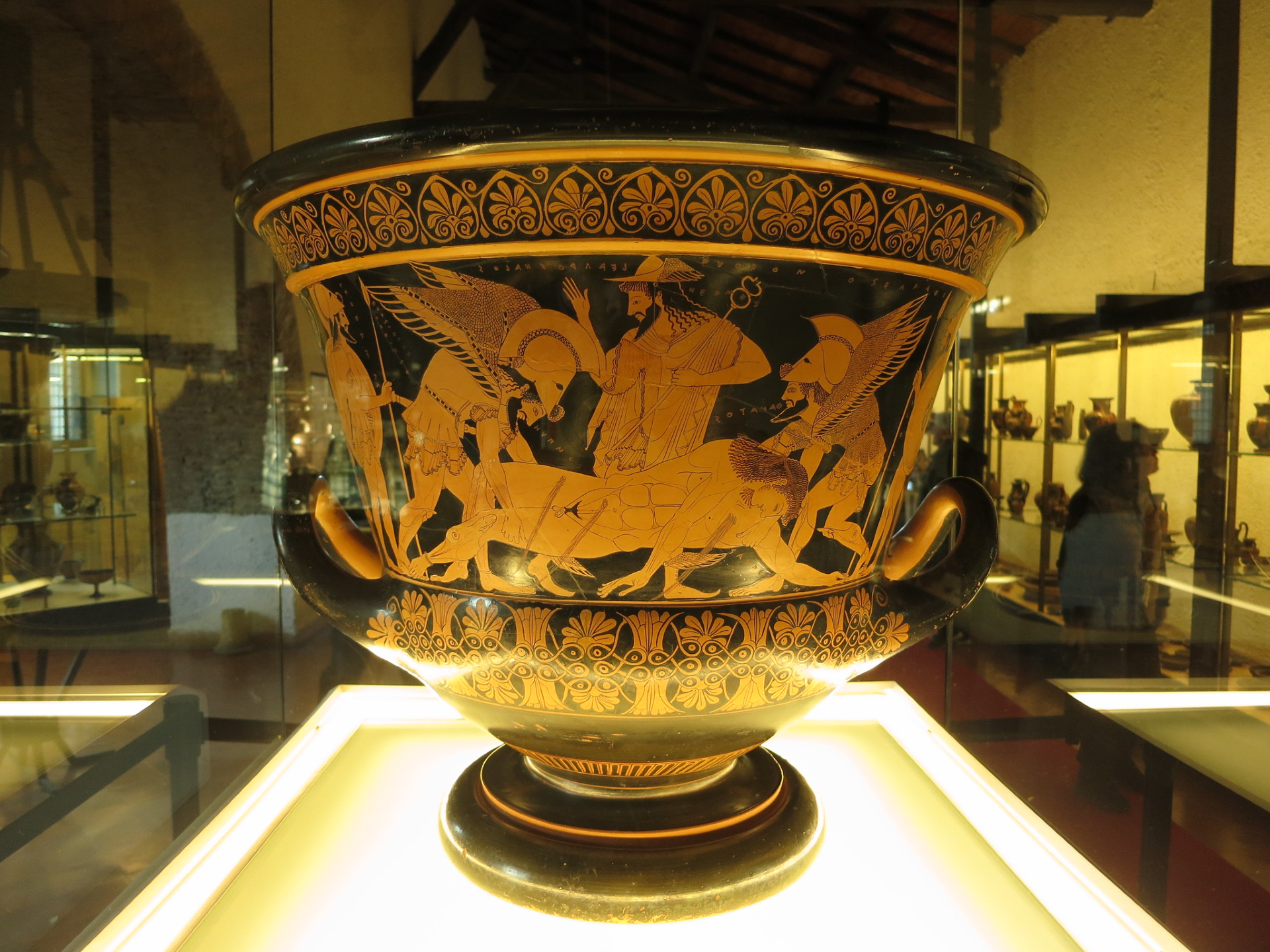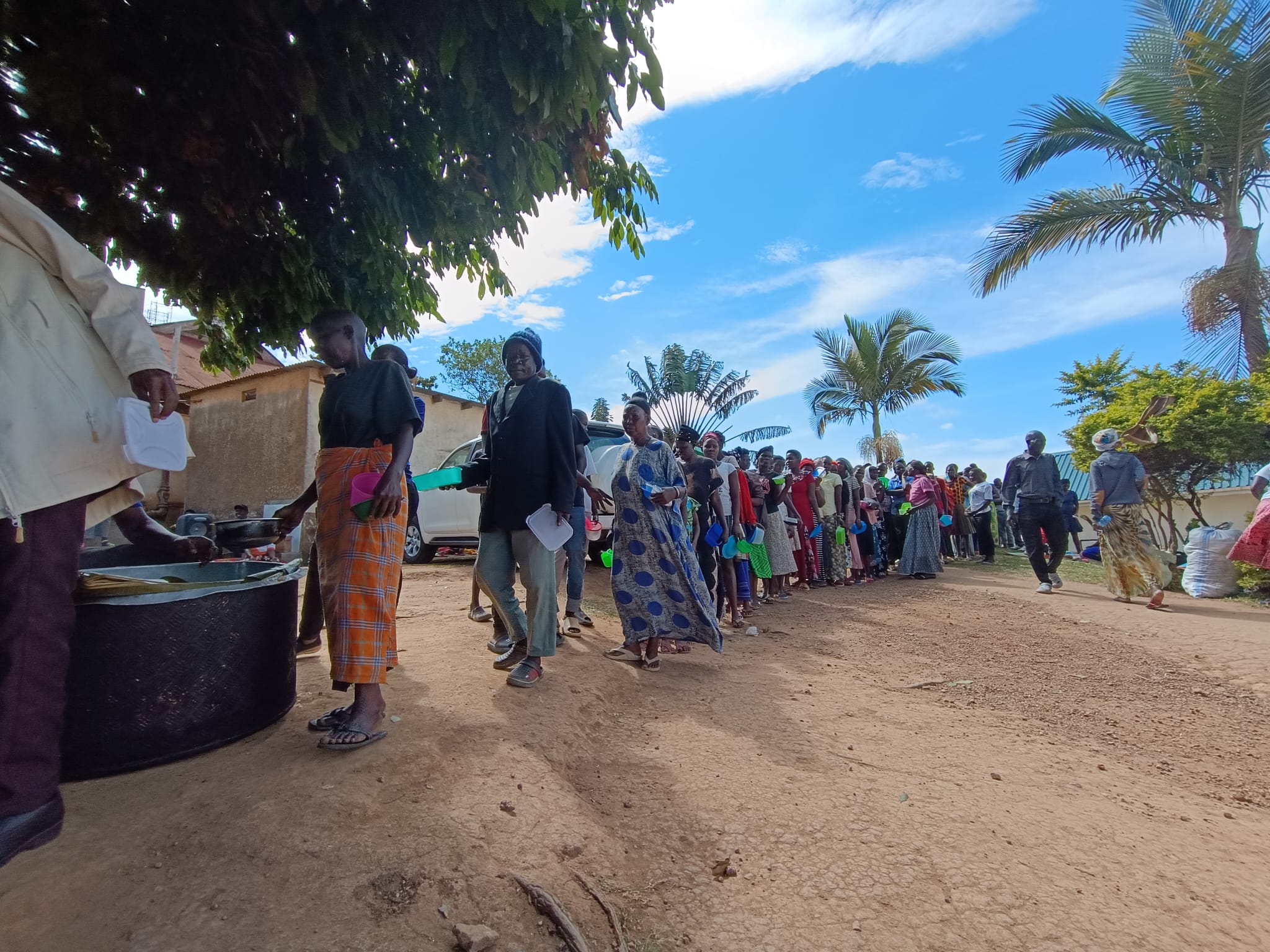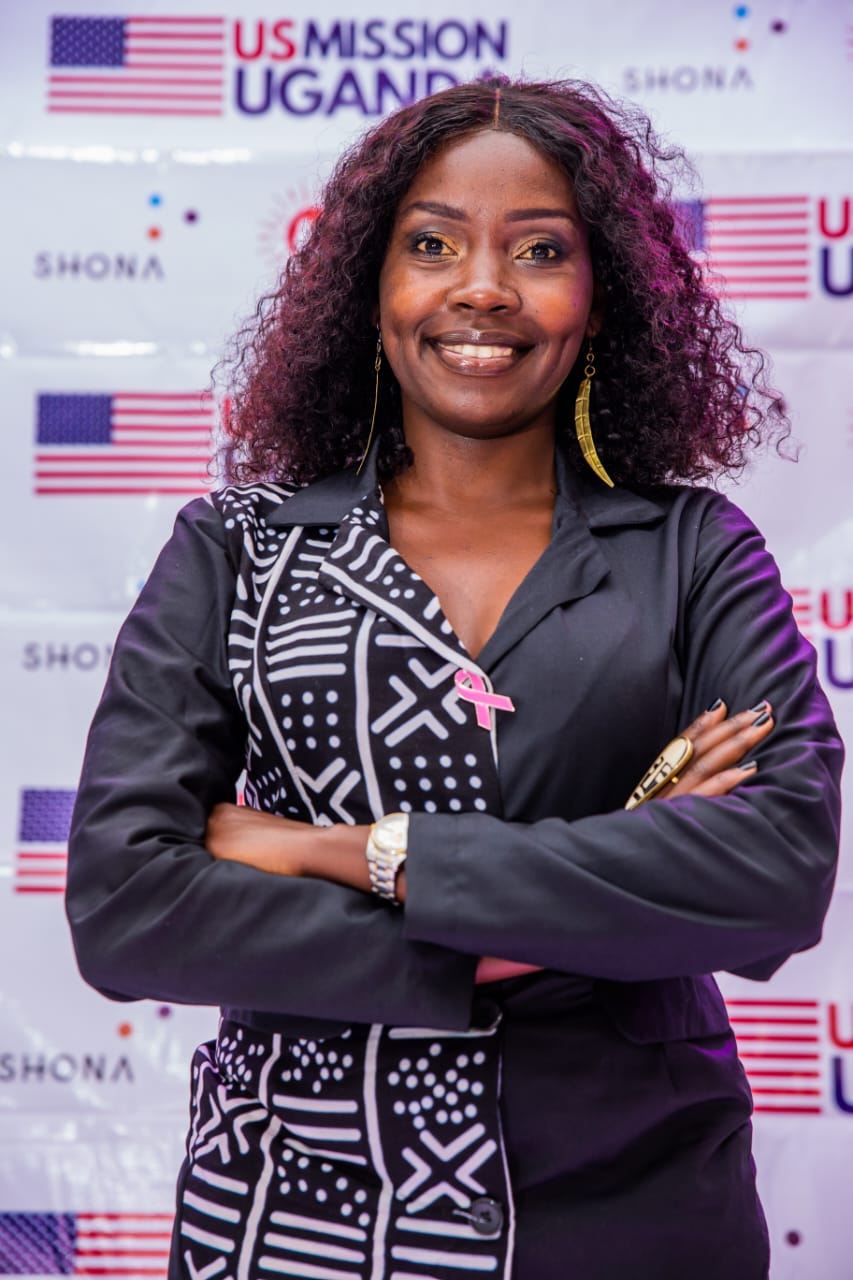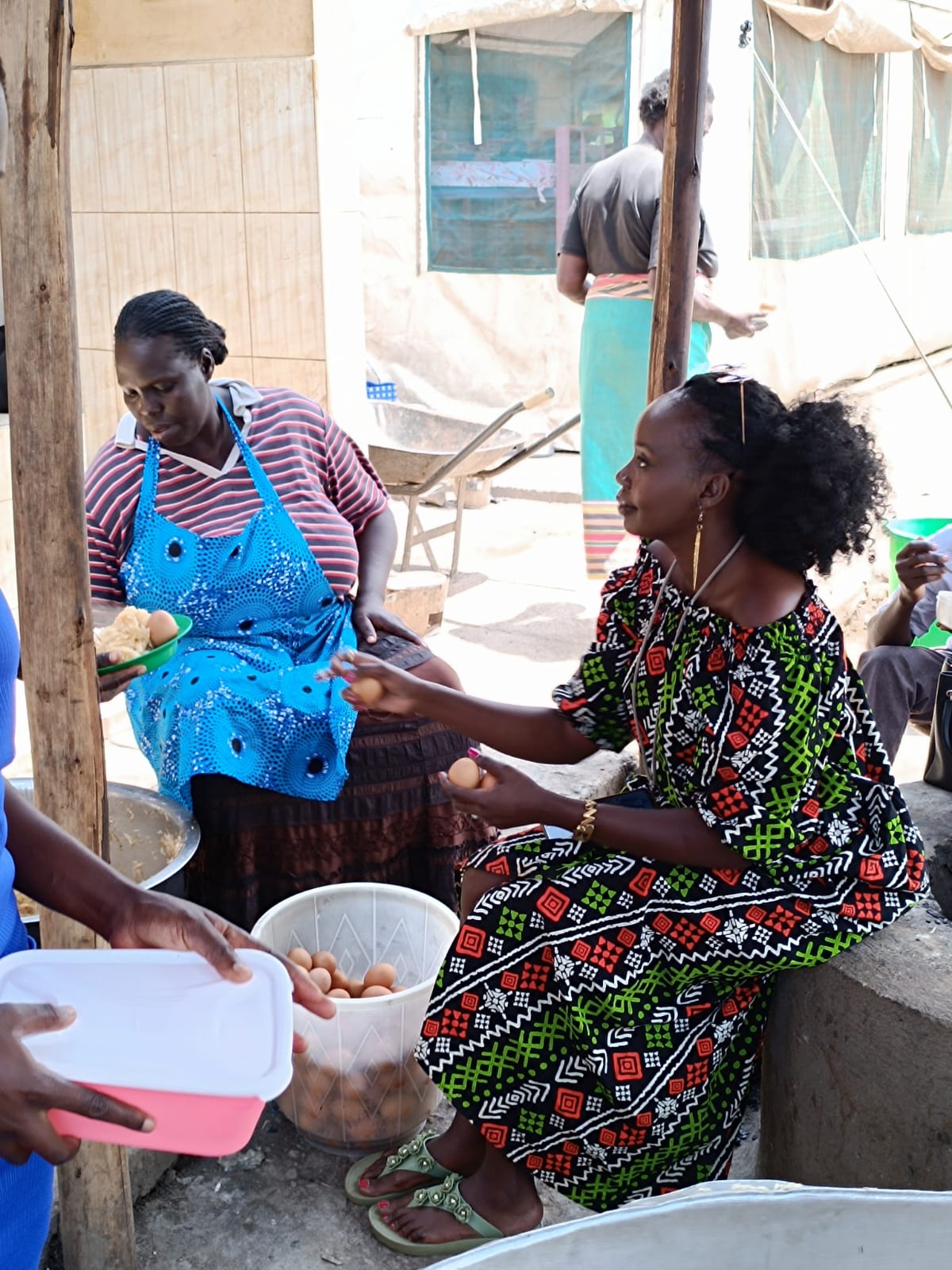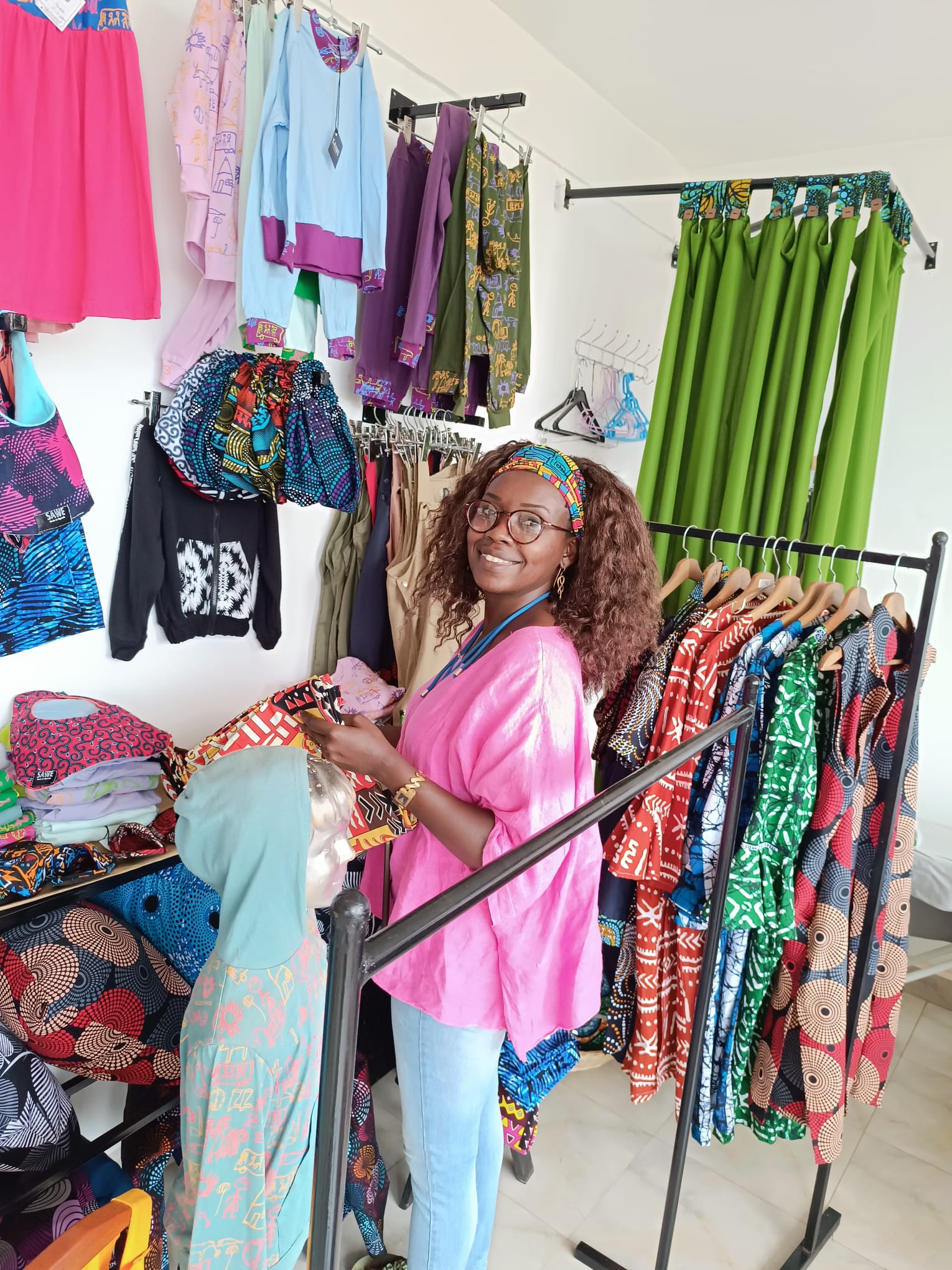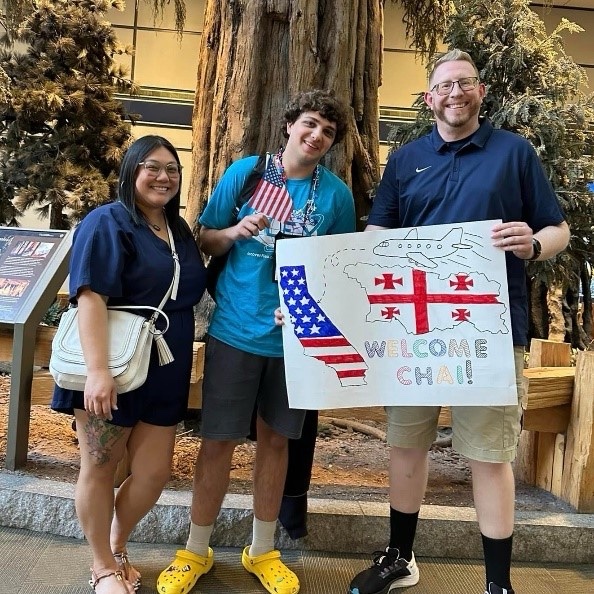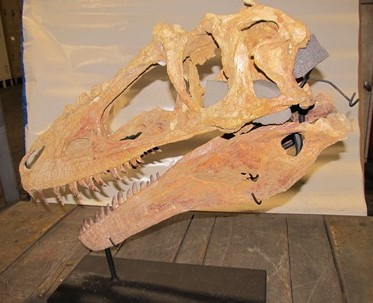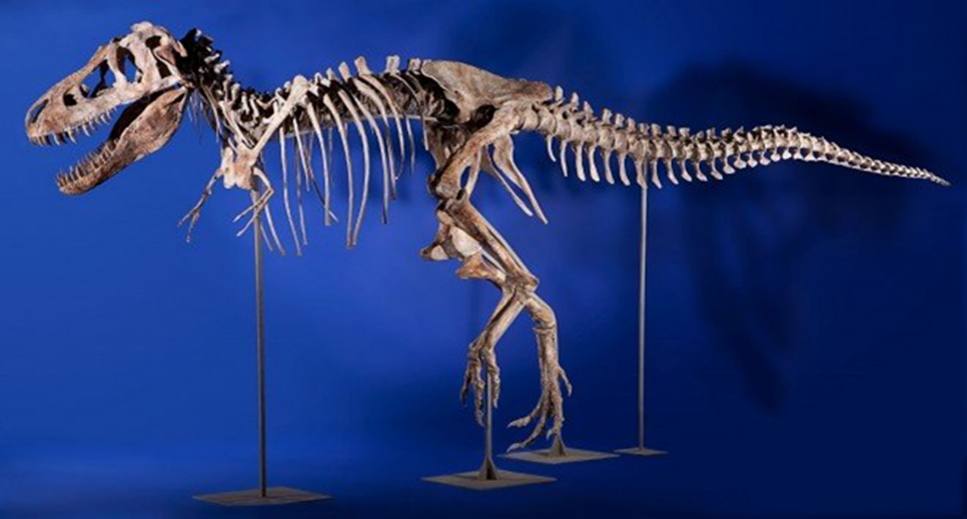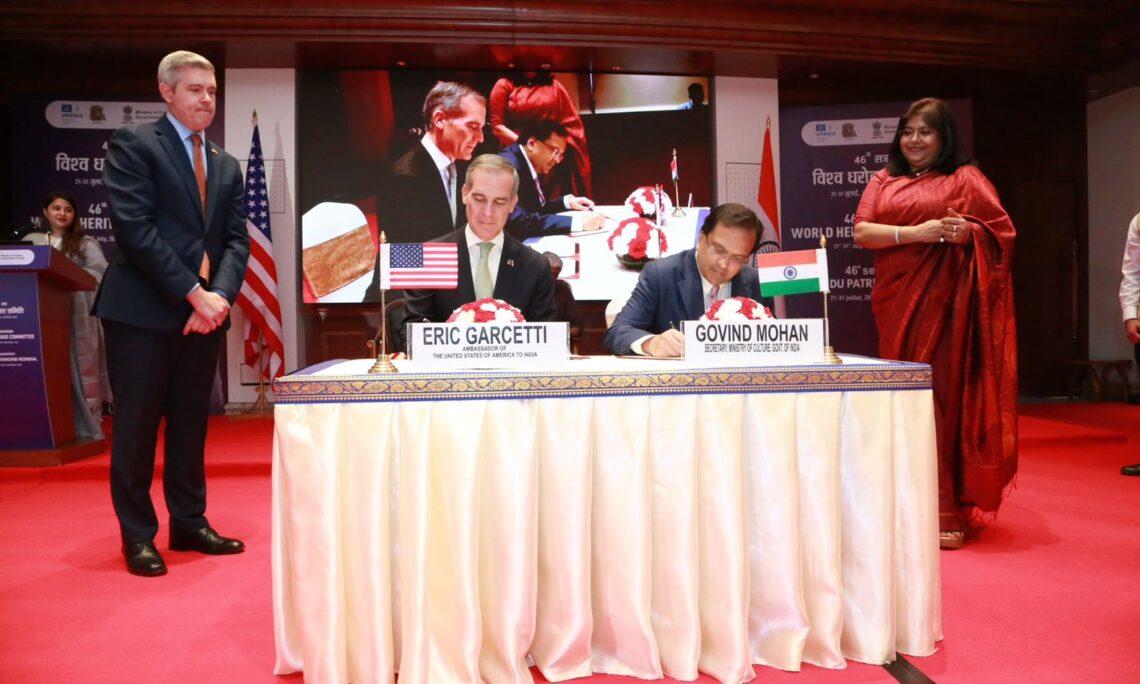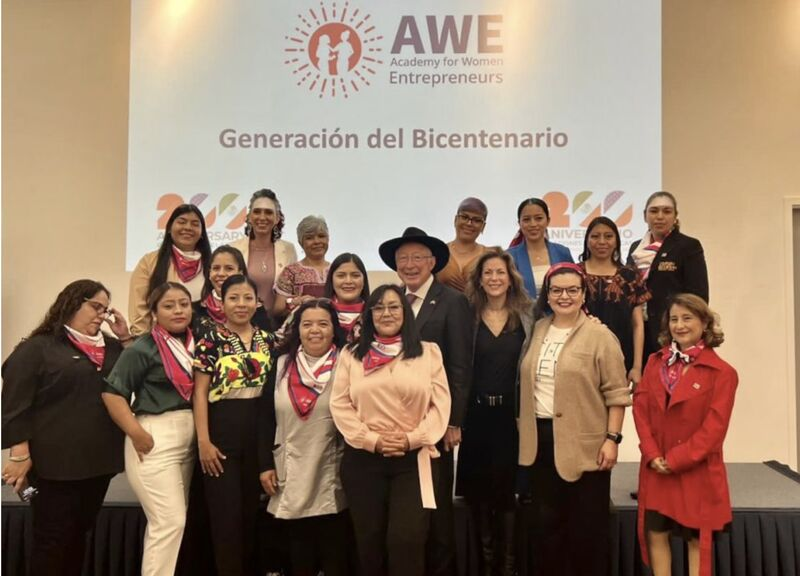Updated May 1, 2025
The Cultural Property Advisory Committee will meet May 20-23, 2025 (90 FR 17114) to review a new request for cultural property import restrictions from Vietnam and to review the proposed extensions of the cultural property agreements with Chile, Costa Rica, Italy, and Morocco. The Committee invites public comment on these agenda items.
The State Department follows the Convention on Cultural Property Implementation Act (CPIA) when considering cultural property agreements and import restrictions. Requested categories of material will be considered if they meet the criteria for archaeological and ethnological materials in the CPIA.
Vietnam
Vietnam seeks protection for archaeological and ethnological materials from ca. 75,000 BCE to 1945 CE, from the following time periods and cultures: Paleolithic (c. 75,000 BCE – 10,000 BCE), Neolithic period (c. 10,000 BCE – 2,000 BCE), Bronze Age (c. 2,000 BCE – 1,000 BCE), and Iron Age (c. 1,000 BCE – 200 CE), the Ancient period (2,879 BCE - 179 BCE), Northern domination period (179 BCE – 939 CE), and the Dynasty and Monarchy period (939 – 1945 CE) including objects made from gold, silver, ceramic, stone, metal, copper, bronze, iron, bone, horn, ivory, gems, silk and textiles; lacquerware and wood; bamboo and paper; glass; coins; and painting and calligraphy.
Chile
Extending the Chile MOU would continue import restrictions on categories of archaeological material ranging in date from approximately 31,000 B.C. to 1868 A.D.
Costa Rica
Extending the Costa Rica MOU would continue import restrictions on categories of archaeological material ranging in date from approximately 12,000 B.C. to the time of the establishment of Hispanic culture in Costa Rica (approximately 1550 A.D.).
Italy
Extending the Italy MOU would continue import restrictions on categories of archaeological material ranging in date from approximately 900 B.C. to 400 A.D.
Morocco
Extending the Morocco MOU would continue import restrictions on categories of archaeological material ranging in date from approximately one million B.C. to approximately 1750 A.D. and certain ethnological material from the Saadian and Alaouite dynasties, ranging in date from approximately 1549 to 1912 A.D.
Public Comments
The public may provide written comment in advance of the meeting and/or register to speak in the virtual open session scheduled for May 20, 2025, at 2:00 p.m. EDT.
Public comments on the cultural property agreements should focus on the four determinations in the CPIA.
How to submit written comments: Use regulations.gov, enter the docket DOS-2025-0003 and follow the prompts to submit written comments. Written comments must be submitted no later than May 13, 2025, at 11:59 p.m. EDT. Written comments may also be submitted to the Committee through culprop@state.gov.
How to make oral comments: Make oral comments during the virtual open session on May 20, 2025 (instructions below). Requests to speak must be submitted no later than May 13, 2025, at 11:59 p.m. EDT.
Join the Virtual Open Session
The virtual open session of the Committee meeting will be held on May 20, 2025, at 2:00 p.m. (EDT) using Zoom.
To speak: Registered participants can speak and may be asked questions by the Committee. If you wish to register to speak you must submit your name and organizational affiliation in an email request to culprop@state.gov by May 13, 2025. After you pre-register you will receive an email response with a unique link and instructions on how to participate. Due to time constraints, each participant will have no more than five minutes to speak.
To observe: Anyone may observe the open session through Zoom, but they will not be able to speak. It is not necessary to pre-register to observe. If needed, please request reasonable accommodation by email to culprop@state.gov no later than May 13, 2025. It may not be possible to fulfill requests made after that date.
Zoom Information: https://statedept.zoomgov.com/j/1612671370?pwd=sS06CCt3FasXiAMLlaVMeDz1Al8eAb.1

